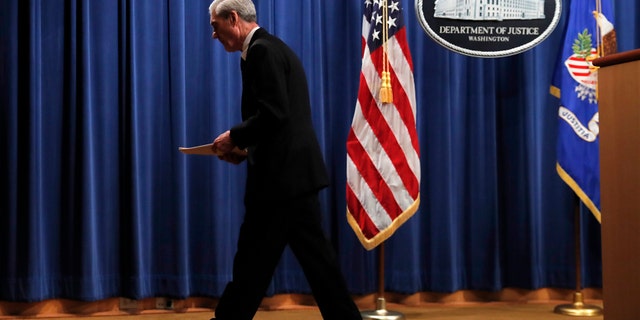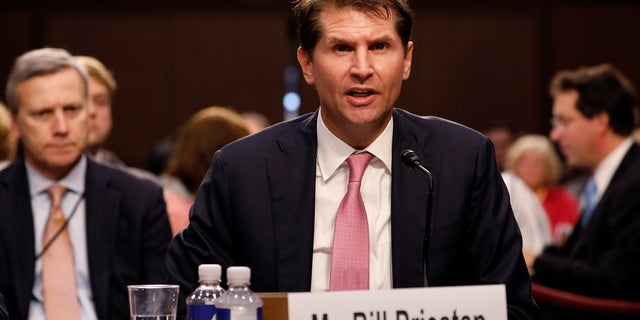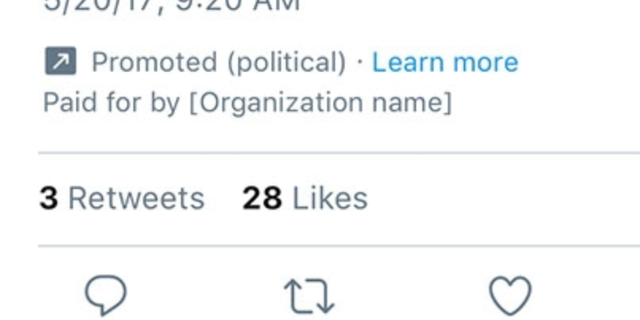FILE
- In this May 15, 2019, file photo Drexel University in Philadelphia.
Students at more than 25 universities are filing lawsuits demanding
tuition refunds from their schools after finding that the online classes
they are being offered do not match up to the classroom experience.
Grainger Rickenbaker, a freshman who filed a class action lawsuit
against Drexel University in Philadelphia, said the online classes he’s
been taking are poor substitutes for classroom learning. (AP Photo/Matt
Rourke, File)
They
wanted the campus experience, but their colleges sent them home to
learn online during the coronavirus pandemic. Now, students at more than
25 U.S. universities are filing lawsuits against their schools
demanding partial refunds on tuition and campus fees, saying they’re not
getting the caliber of education they were promised.
The
suits reflect students’ growing frustration with online classes that
schools scrambled to create as the coronavirus forced campuses across
the nation to close last month. The suits say students should pay lower
rates for the portion of the term that was offered online, arguing that
the quality of instruction is far below the classroom experience.
Colleges,
though, reject the idea that refunds are in order. Students are
learning from the same professors who teach on campus, officials have
said, and they’re still earning credits toward their degrees. Schools
insist that, after being forced to close by their states, they’re still
offering students a quality education.
Grainger
Rickenbaker, a freshman who filed a class-action lawsuit against Drexel
University in Philadelphia, said the online classes he’s been taking
are poor substitutes for classroom learning. There’s little interaction
with students or professors, he said, and some classes are being taught
almost entirely through recorded videos, with no live lecture or
discussion.
“You
just feel a little bit diminished,” said Rickenbaker, 21, of
Charleston, South Carolina. “It’s just not the same experience I would
be getting if I was at the campus.”
Other
students report similar experiences elsewhere. A complaint against the
University of California, Berkeley, says some professors are simply
uploading assignments, with no video instruction at all. A case against
Vanderbilt University says class discussion has been stymied and the
“quality and academic rigor of courses has significantly decreased.”
In
a case against Purdue University, a senior engineering student said the
closure has prevented him from finishing his senior project, building
an airplane. “No online course can simulate the applicable, real-world
experience” he hoped to gain from the project, the complaint says.
Class-action
lawsuits demanding tuition refunds have been filed against at least 26
colleges, targeting prestigious private universities, including Brown,
Columbia and Cornell, along with big public schools, including Michigan
State, Purdue and the University of Colorado, Boulder.
Some
of the suits draw attention to schools’ large financial reserves,
saying colleges are unfairly withholding refunds even while they rest on
endowments that often surpass $1 billion.
Several colleges declined to comment on the lawsuits, but some said students have continued to get what they paid for.
Ken
McConnellogue, a spokesman for the University of Colorado, said it’s
disappointing that people have been so quick to file lawsuits only weeks
into the pandemic. He said the suits appear to be driven by a small
number of “opportunistic” law firms.
“Our
faculty have been working extremely hard to deliver an academic product
that’s got the same high standards, high-quality academic rigor as what
they would deliver in the classroom,” he said. “It’s different, no
doubt. And it’s not ideal. We all would prefer to have students on our
campuses, but at the same time, we’re in the middle of a global pandemic
here.”
Officials
at Michigan State said students are still taking classes taught by
qualified faculty, and the school is still offering tutoring services,
academic advising, faculty office hours and library services.
“We
don’t negate that this has been a difficult time for our university,
especially for our students,” Emily Guerrant, a Michigan State
spokeswoman, said in a statement. The school has taken on new costs to
move instruction online, she added, but “we have maintained our
commitment to providing meaningful and robust learning experiences at no
additional cost to our Spartans.”
Officials
at Drexel University said the school has continued to provide a “broad
spectrum of academic offerings and support” while students learn
remotely.
Lawyers representing students, however, say the refunds are a matter of fairness.
“You
cannot keep money for services and access if you aren’t actually
providing it,” said Roy Willey, a lawyer for the Anastopoulo Law Firm in
South Carolina, which is representing students in more than a dozen
cases. “If we’re truly going to be all in this together, the
universities have to tighten their belts and refund the money back to
students and families who really need it.”
Willey
said his office has received hundreds of inquiries from students
looking to file suits, and his firm is looking into dozens of possible
cases. Other firms taking on similar cases say they’re also seeing a
wave of demand from students and parents who say they deserve refunds.
Along
with tuition, the cases also seek refunds for fees that students paid
to access gyms, libraries, labs and other buildings that are now closed.
All told, the complaints seek refunds that could add up to several
thousand dollars per student at some schools.
The
lawsuits ask courts to answer a thorny question that has come to the
fore as universities shift classes online: whether there’s a difference
in value between online instruction and the traditional classroom.
Proponents of online education say it can be just as effective, and
universities say they’ve done everything they can to create rigorous
online classes in a matter of weeks.
But
some of the complaints maintain that the college experience is about
more than course credits. They say there’s value to the personal
interaction students get with faculty and classmates, both in the
classroom and out. Willey adds that colleges themselves often charge
lower rates for online classes, which he says is a reflection of their
value.
“The
tuition price speaks for itself,” he said. “These students decided to go
to in-person, on-campus universities. They could have chosen to go to
online colleges and earn their degree that way, but they didn’t.”
Even
before the first lawsuits were filed, demands for tuition refunds had
been spreading. Students at dozens of schools have started petitions
calling for refunds as online classes left them underwhelmed. Scores of
schools have returned portions of housing and dining fees, but few if
any have agreed to return any share of tuition.
At
the University of Chicago, hundreds of students signed a letter saying
they will refuse to pay this term’s tuition, which was due April 29,
unless the school reduces tuition by 50% and keeps it at that level
during the crisis.
Colleges
counter that the coronavirus has put them under sharp financial strain,
too. Some estimate that they could lose up to $1 billion this year as
they brace for downturns in student enrollment, state funding and
research grants. Some have already announced layoffs and furloughs as
they work to offset losses.
But
the lawsuits say it’s not fair to pass those losses on to students.
Jennifer Kraus-Czeisler, a lawyer for the New York firm Milberg Phillips
Grossman, which is representing several students, said colleges have a
duty to return fees for services they aren’t providing.
“We’re
not disparaging the schools for closing. They did what was
appropriate,” she said. “But they’re profiting at the expense of
students. It just seems unconscionable.”
















